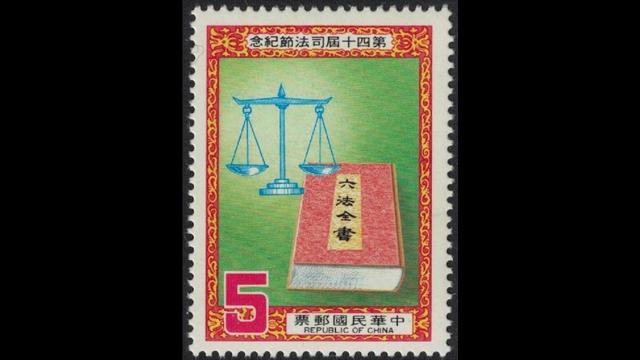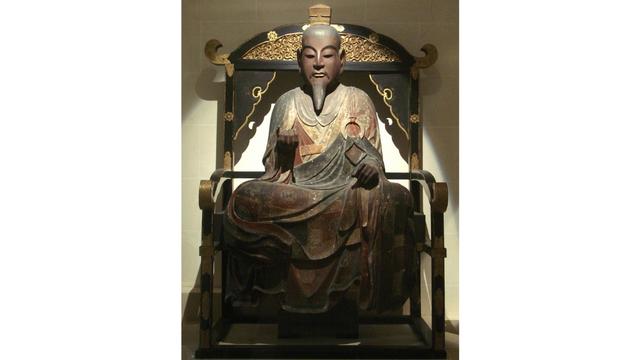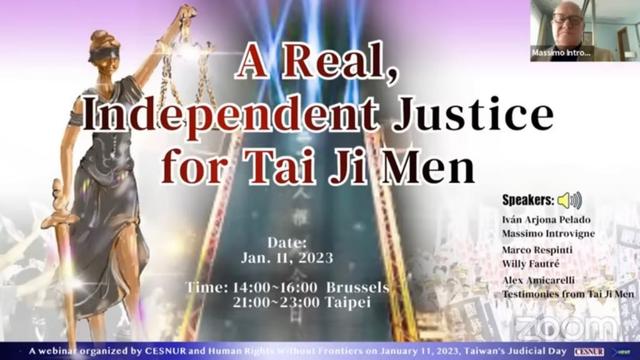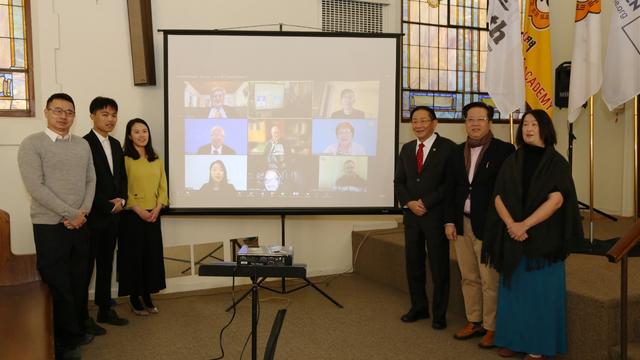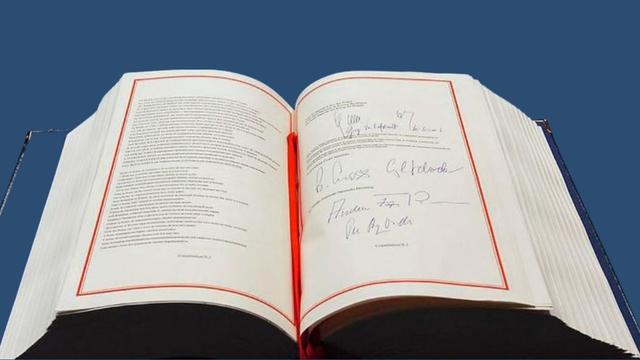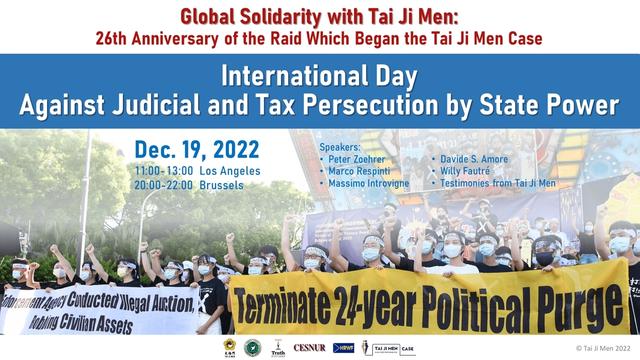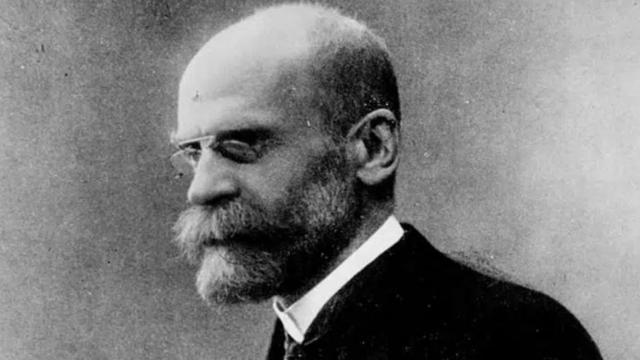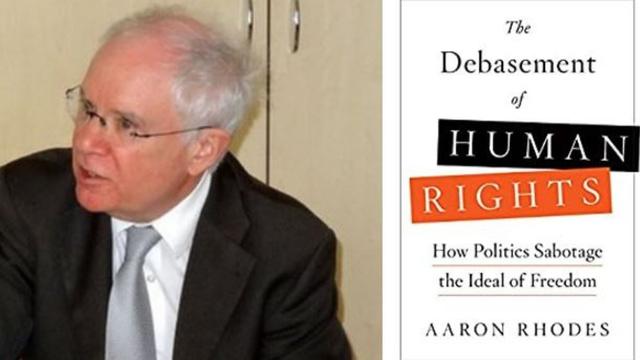Seeking Justice for Tai Ji Men on Taiwan’s Judicial Day
There is no freedom without justice and no justice without freedom. This is also true for the Tai Ji Men case: and love is needed, too. by Alessandro Amicarelli* *Conclusions of the webinar “A Real, Independent Justice for Tai Ji Men” co-organized by CESNUR and Human Rights Without Frontiers on January 11, 2023, Taiwan’s Judicial … Read more

